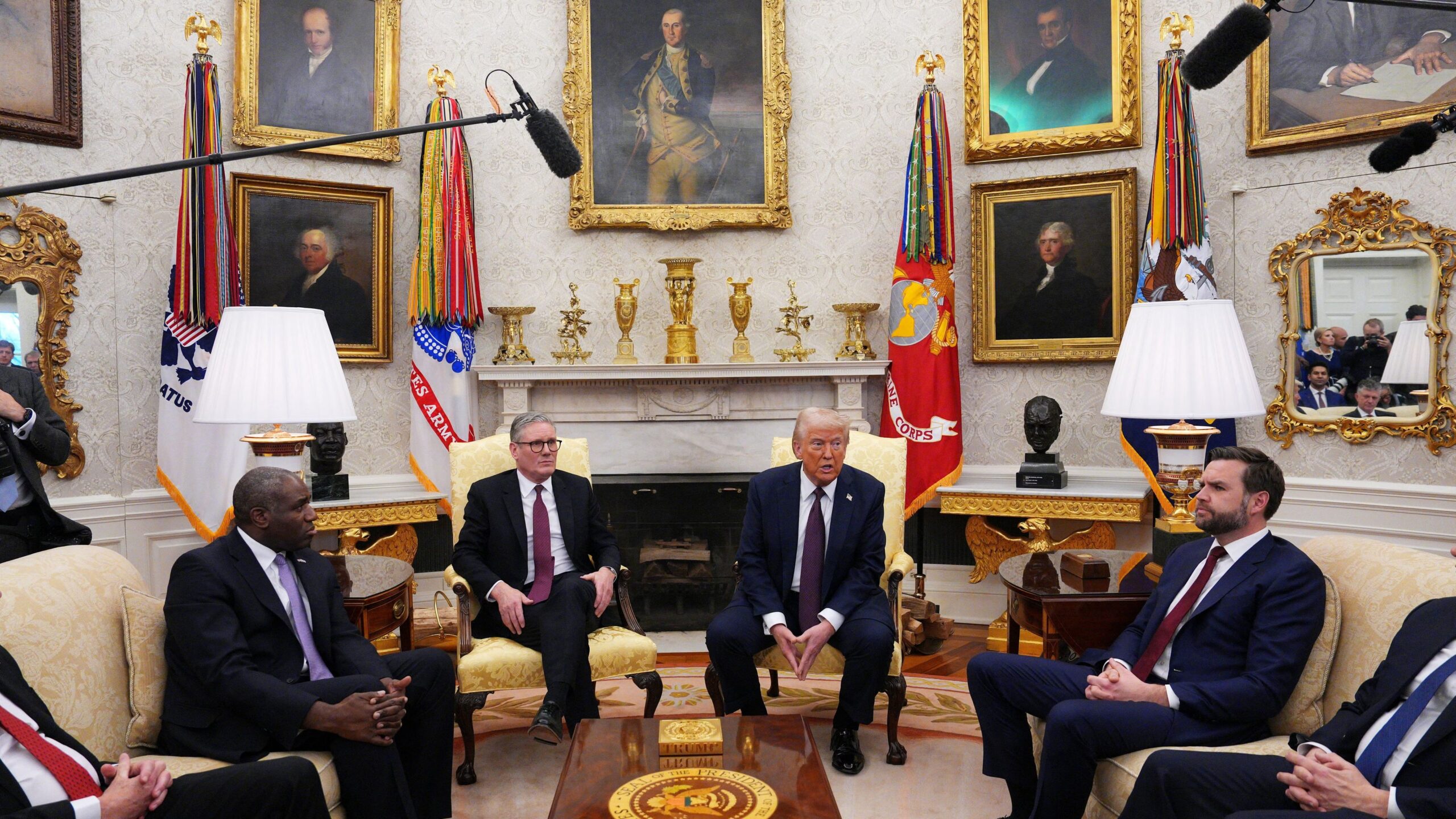
The long-standing taboo against deploying American troops on domestic streets has been challenged by President Donald Trump’s persistent actions. His attempts to send National Guard reservists into Portland, Oregon, and Chicago, Illinois, against the will of local authorities, have created a political and legal crisis. This move directly challenges the constitutional limits on executive power and deepens the political hostility between conservative rural and liberal urban America.
The Administration’s Legal Overreach
The core issue is that the administration is deploying forces to these Democratic cities even though the legal conditions for using the military in law enforcement are not met. President Trump formally authorized the deployment of at least 300 members of the Illinois National Guard and reservists from Texas to Chicago. City and state authorities immediately sued to stop the deployment. Similarly, a Trump-appointed judge temporarily blocked the deployment efforts in Oregon. Frustrated by the courts, the President publicly threatened to invoke the rarely used Insurrection Act to bypass judicial rulings if necessary, stating, “If I had to do that, I would do that.”
President Trump has justified the action with rhetoric, claiming cities like Portland and Chicago are “lawless danger zones” comparable to a “war zone.” Top White House adviser Stephen Miller supported this by arguing that federal immigration agents were subjected to “over 100 nights of terrorist assault” in Portland. However, local officials and even a federal judge appointed by the President have debunked these alarmist declarations as “untethered to the facts,” arguing that protests were sporadic and that federal forces often instigated unrest. Critics believe the White House is deliberately creating this sense of chaos to build a political, and possibly legal, rationale for extreme federal action.
The Threat to Constitutional Checks
The legal rationale for the deployment is thin. Generally, the Posse Comitatus Act bars a president from using troops domestically for law enforcement. The Insurrection Act offers the only exception, allowing the use of troops to put down a rebellion against the government, but historically, this has been done either to enforce civil rights or at a governor’s request. Attorney General Dan Rayfield of Oregon confirmed that no rebellion or insurrection exists. Nonetheless, Miller is building a rationale that opposition to federal immigration enforcement operations constitutes a threat to the core function of the government, which he terms the “textbook definition of domestic terrorism.” This serves multiple goals, including fast-tracking the mass deportation campaign and fulfilling President Trump’s desire to project an aura of toughness and unconstrained power.
Beyond the legal debate, the move is a clear political tactic to energize the MAGA base. The Department of Homeland Security has employed extreme rhetoric in its social media feeds, explicitly calling on applicants to “block communists, terrorists, and globalists from ever entering our country.” President Trump has always played to his base, but this tactic risks backfiring: polling shows 58% of all Americans opposed his plans to involve the military in domestic law enforcement. The ongoing battle is a political sideshow to the fundamental constitutional question of whether President Trump will succeed in overturning a sacred taboo against using the military on American streets.
Author’s Opinion
The aggressive and legally strained use of federalized National Guard troops, coupled with the threat to invoke the Insurrection Act without gubernatorial request, signifies a deliberate attempt to politically obliterate the Posse Comitatus principle—the historical separation of the military from domestic law enforcement. This strategy moves beyond mere political grandstanding; it is a profound power grab intended to establish an executive right to supersede local and state authority, transforming federal immigration enforcement into a militarized operation. If successful, it would set a precedent that fundamentally dismantles a core constitutional check on presidential power, paving the way for the normalization of uniformed soldiers being used to enforce domestic policy.
Featured image credit: Heute
For more stories like it, click the +Follow button at the top of this page to follow us.
